This morning, December 27, in Dong Ha City, the Department of Industry and Trade of Quang Tri Province , in coordination with the Department of Natural Resources and Environment and the World Wide Fund for Nature (WWF - Vietnam), organized a workshop on "Promoting the Energy Transition towards the goal of net zero emissions by 2050 in Quang Tri Province". Representatives of WWF - Vietnam; consultants and lecturers from universities and more than 30 businesses in the province attended.
Conference scene - Photo: Le Minh
The goal of achieving net zero emissions by 2050 was committed by the Prime Minister in the Paris Agreement. To fulfill the commitment, Vietnam also reached an agreement on the Just Energy Transition Partnership (JETP) in December 2022 to mobilize 15.5 billion USD in public and private finance over the next 3-5 years to support the green transition.
Along with that, many new policies on investment and use of renewable energy have been issued by the Government, especially the revised Electricity Law approved by the National Assembly , showing that Vietnam is determined on the transition journey towards the goal of reducing greenhouse gas emissions and building a low-carbon and sustainable future.
To realize national commitments and goals, it is necessary to have the cooperation of all stakeholders from central to local levels, managers, scientists and especially private sector enterprises in investing and using renewable energy sources and clean energy.
Delegates attending the workshop - Photo: Le Minh
Quang Tri is a region with great potential for developing renewable energy sources in the country. Up to now, the province has 33 renewable energy power plants and 151 rooftop solar power systems in operation with a total capacity of 1,119.5 MW, including 20 wind power plants with a total capacity of 742.2 MW.
In the Government's Power Plan VIII, Quang Tri province has 12 more wind power projects, ensuring enough room for 1,800 MW of wind power by 2030; the 1,500 MW Hai Lang LNG Gas Power Plant is awaiting FS approval and COD operation by 2030.
At the same time, the province has submitted a proposal to convert the Hai Lang Thermal Power Plant's fuel from coal to gas, with a capacity of 1,500 MW. This is an important basis for the early realization of the goal of building Quang Tri into the Central Energy Center. This result will contribute significantly to the overall process of achieving national goals, especially the Net Zero goal by 2050.
To realize this goal, Quang Tri has issued and updated many related policies on climate and energy such as: Action Program No. 15-CT/TU dated April 27, 2021 implementing Resolution No. 55-NQ/TW dated February 11, 2020 of the Politburo on the orientation of Vietnam's National Energy Development Strategy to 2030, with a vision to 2045; Action Plan No. 1870/KH-UBND dated April 28, 2020 of the People's Committee of Quang Tri province on climate change response for the period 2021-2030, with a vision to 2050, setting a target of reducing 32% (conditionally) of total greenhouse gas emissions under the business-as-usual (BAU) scenario in the province compared to 2022.
This has affirmed that Quang Tri has had timely orientation and policies, and taken drastic actions to contribute to the national goals of reducing greenhouse gas emissions and the Government's commitment to Net zero.
The workshop spent a lot of time sharing implemented activities, proposing solutions and roadmaps to reduce greenhouse gas emissions for businesses and localities.
At the same time, share experiences and good practices in energy saving and renewable energy solutions and promote commitment and cooperation among stakeholders, especially local authorities, businesses and organizations in the process of energy transition and greenhouse gas emission reduction, support connecting localities and organizations to work together to achieve climate goals.
Le Minh
Source: https://baoquangtri.vn/quang-tri-phan-dau-muc-tieu-phat-thai-rong-bang-0-net-zero-vao-nam-2050-190678.htm



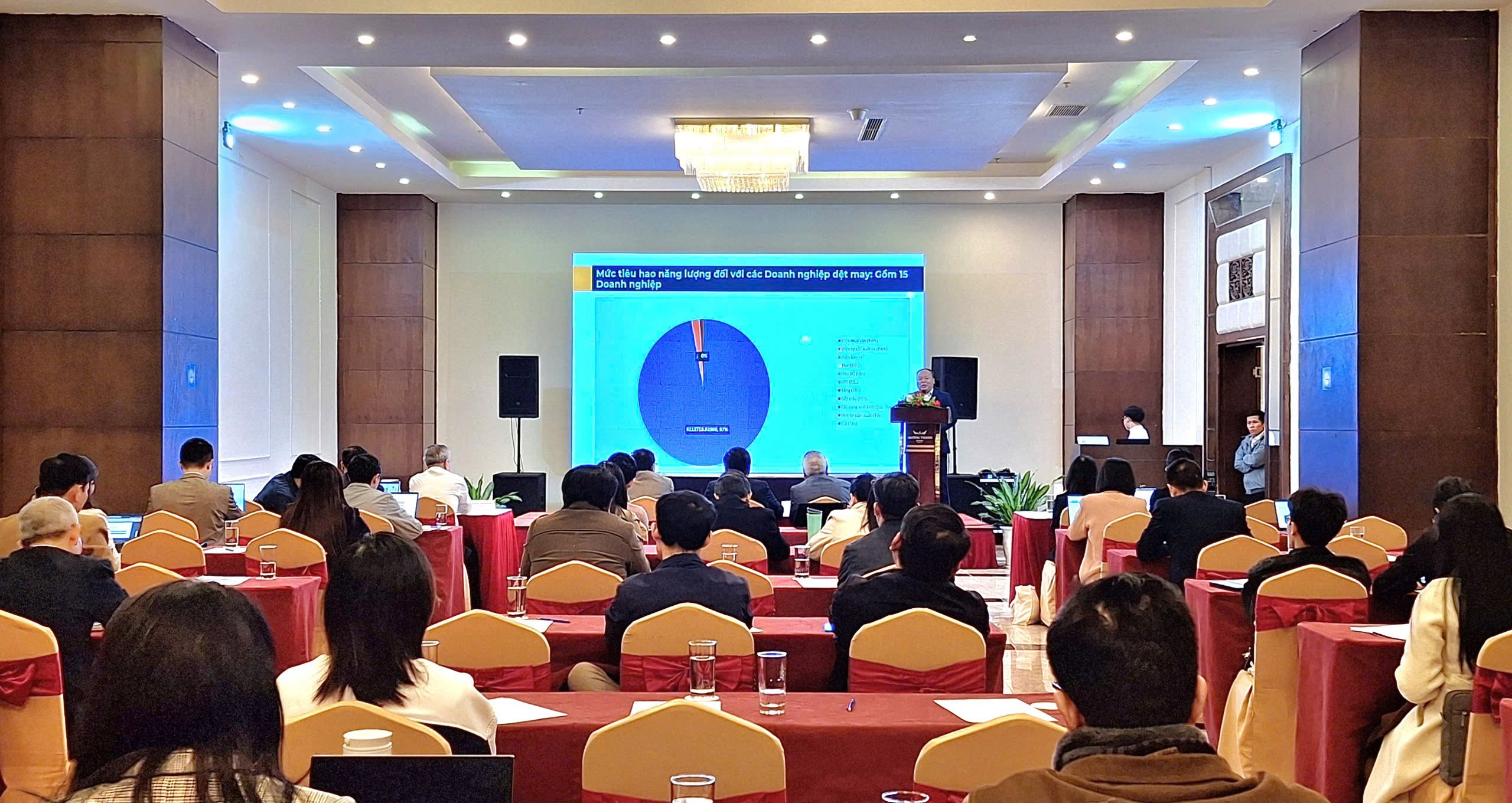
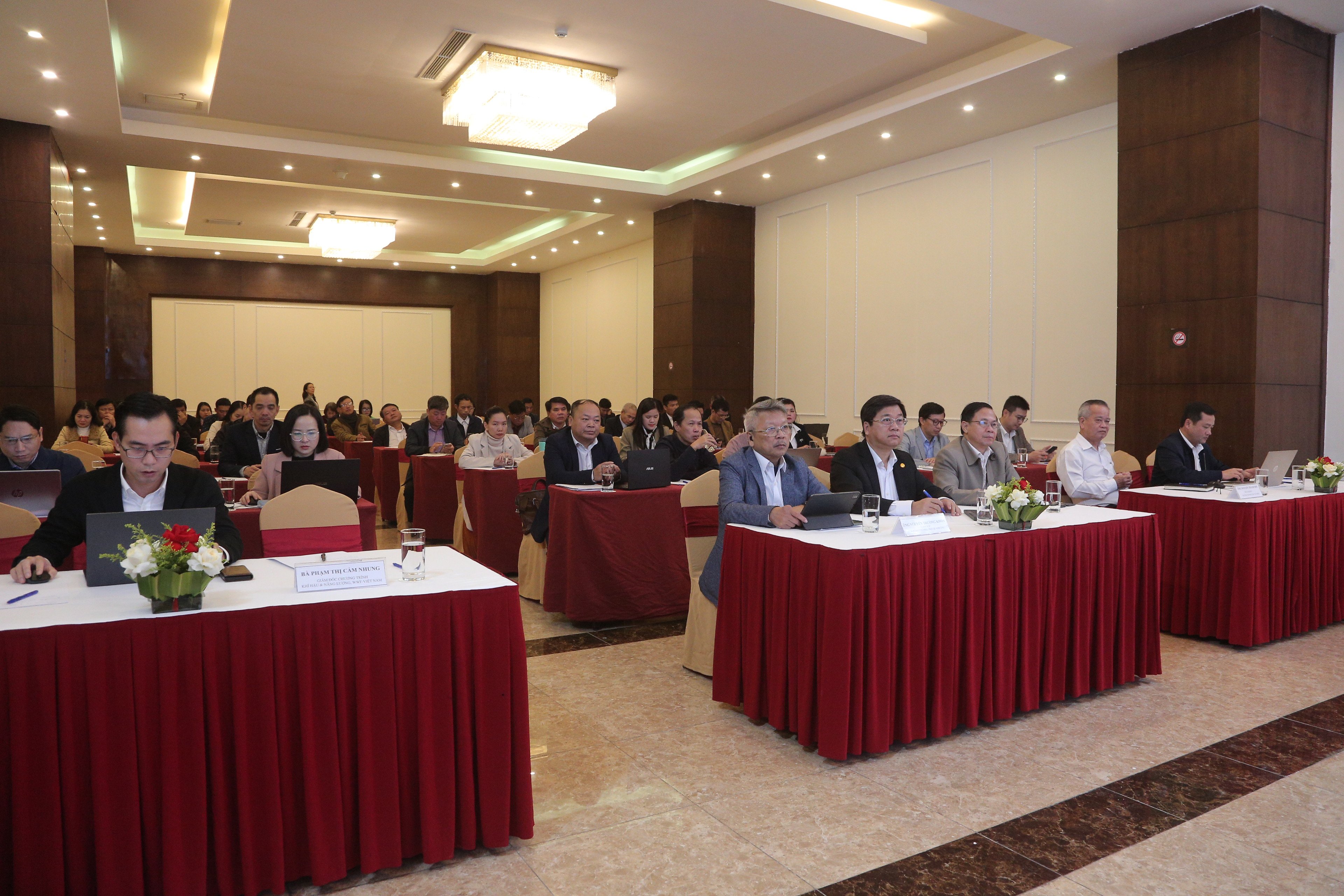




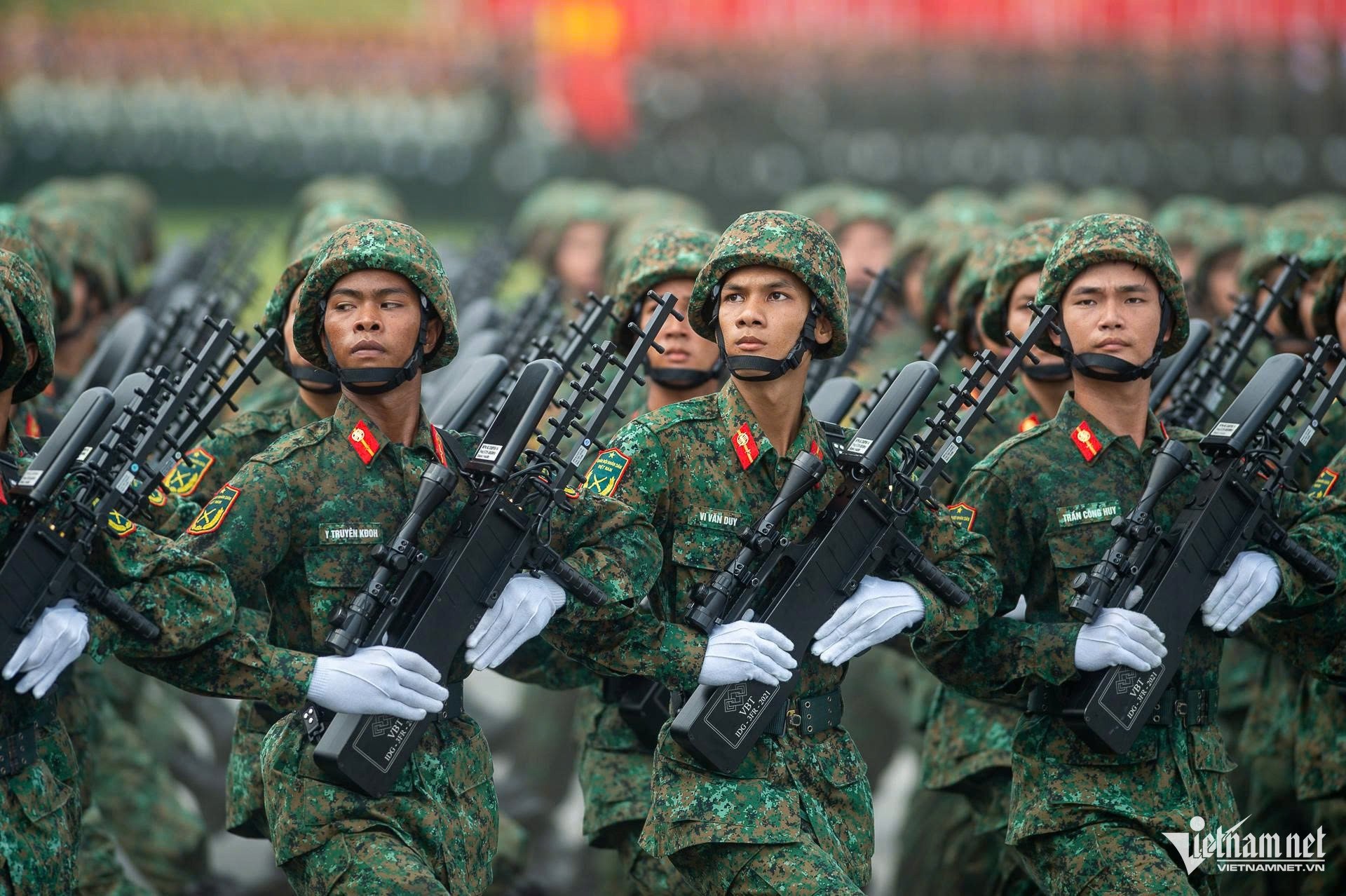

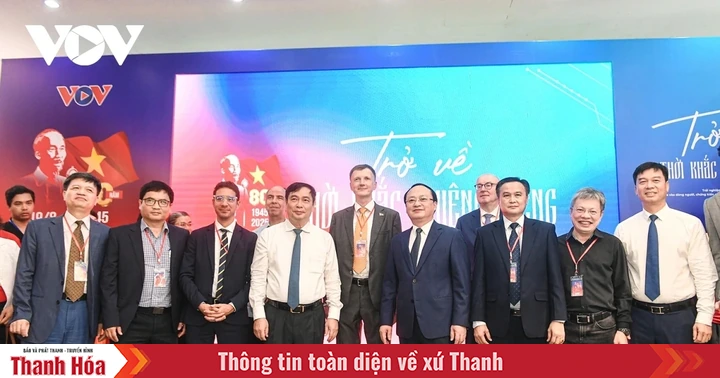

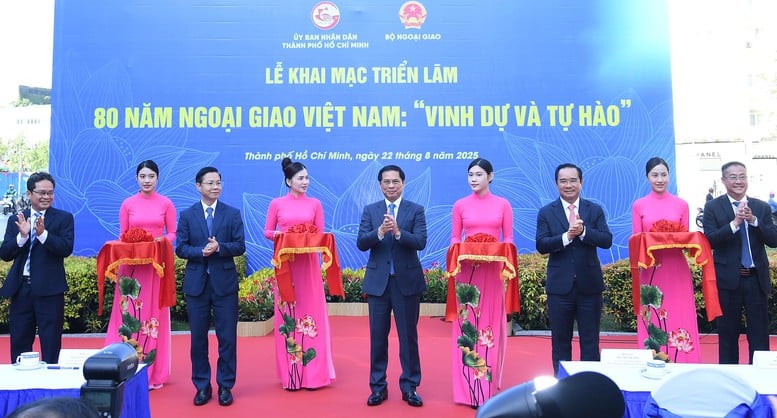

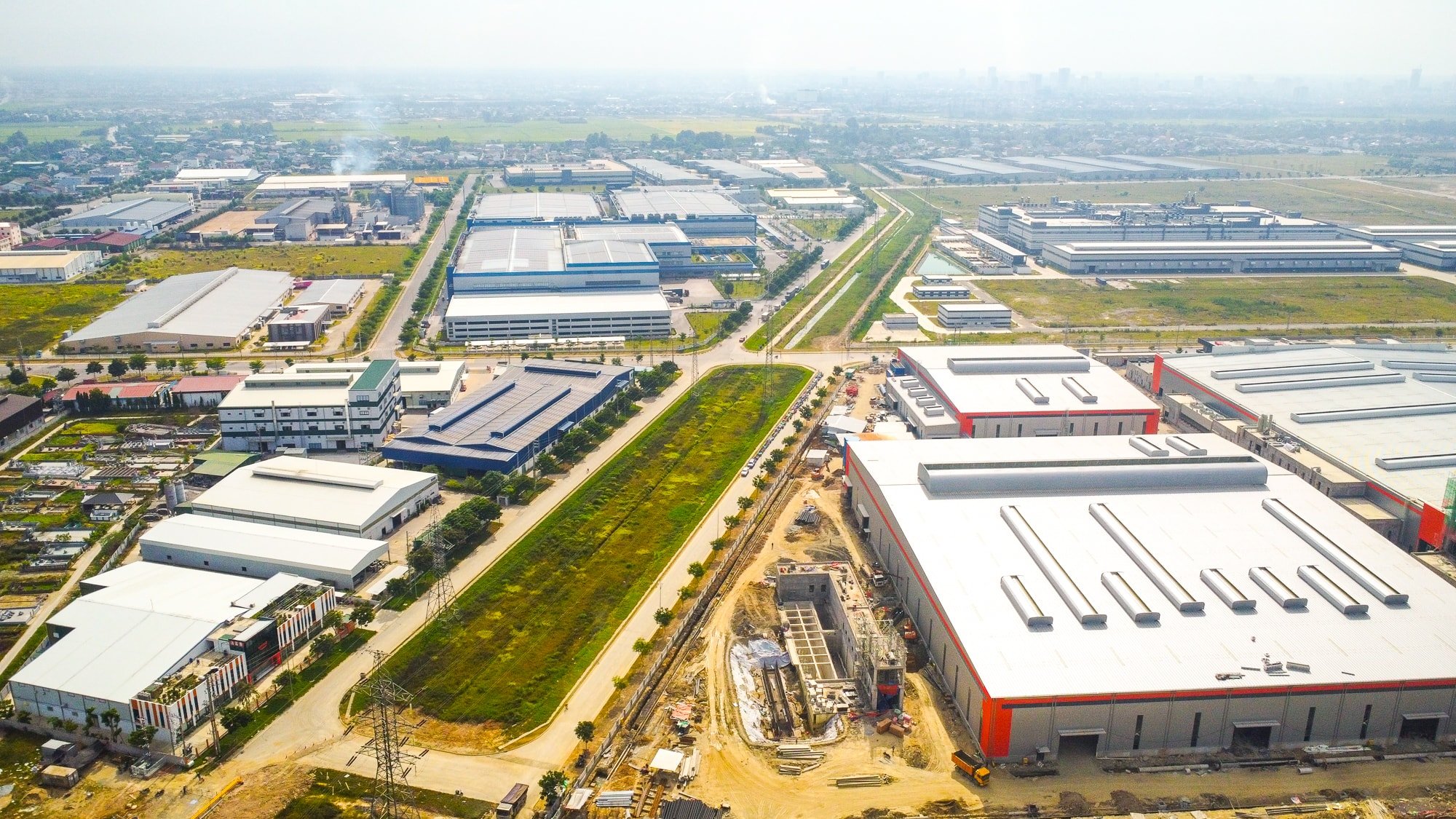


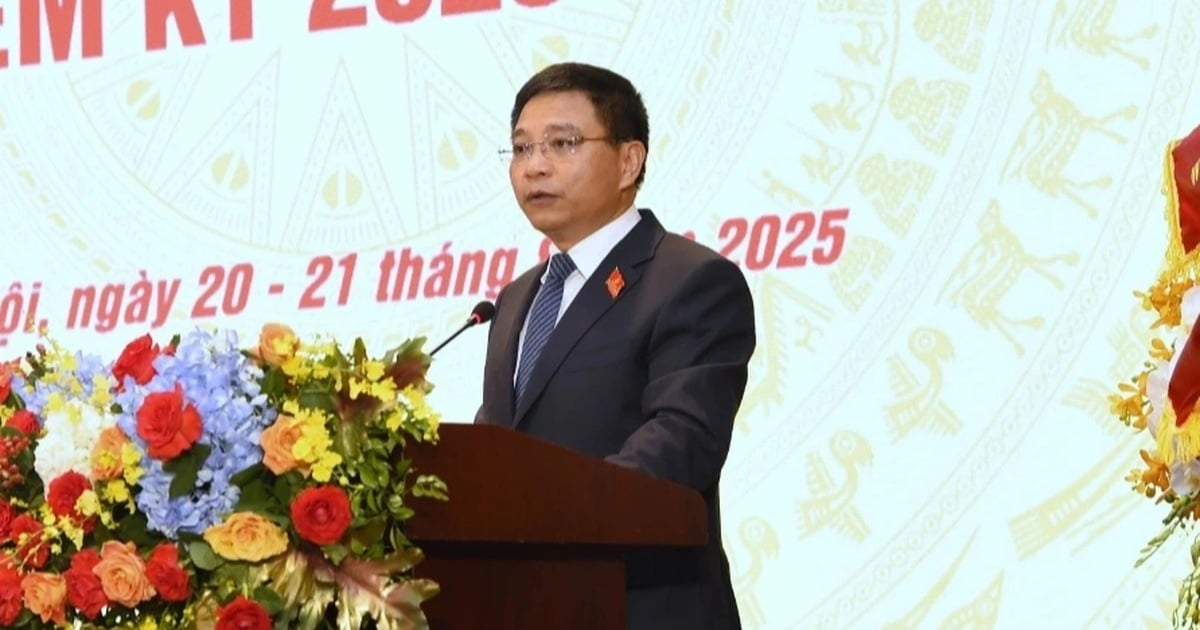


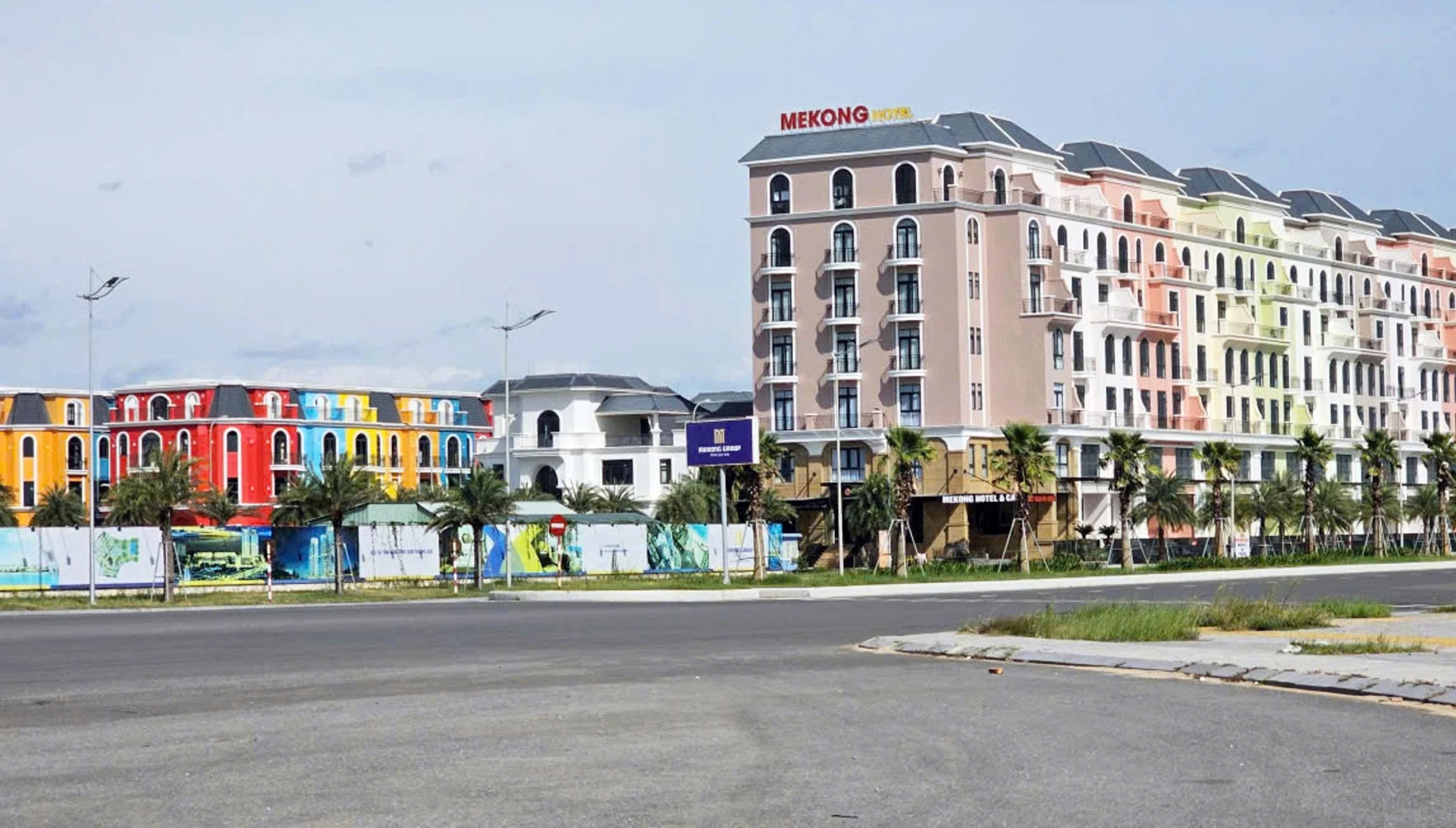

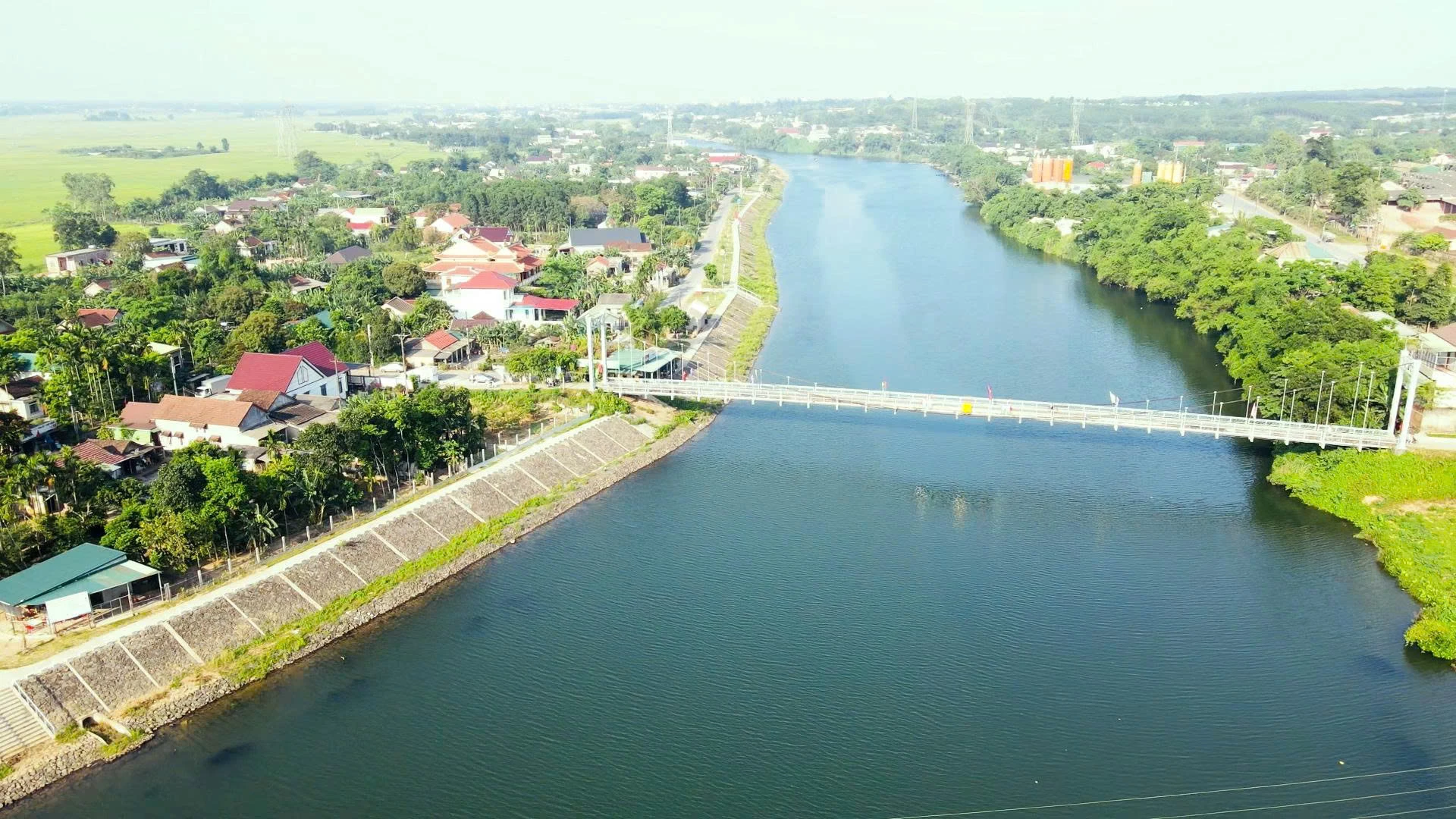
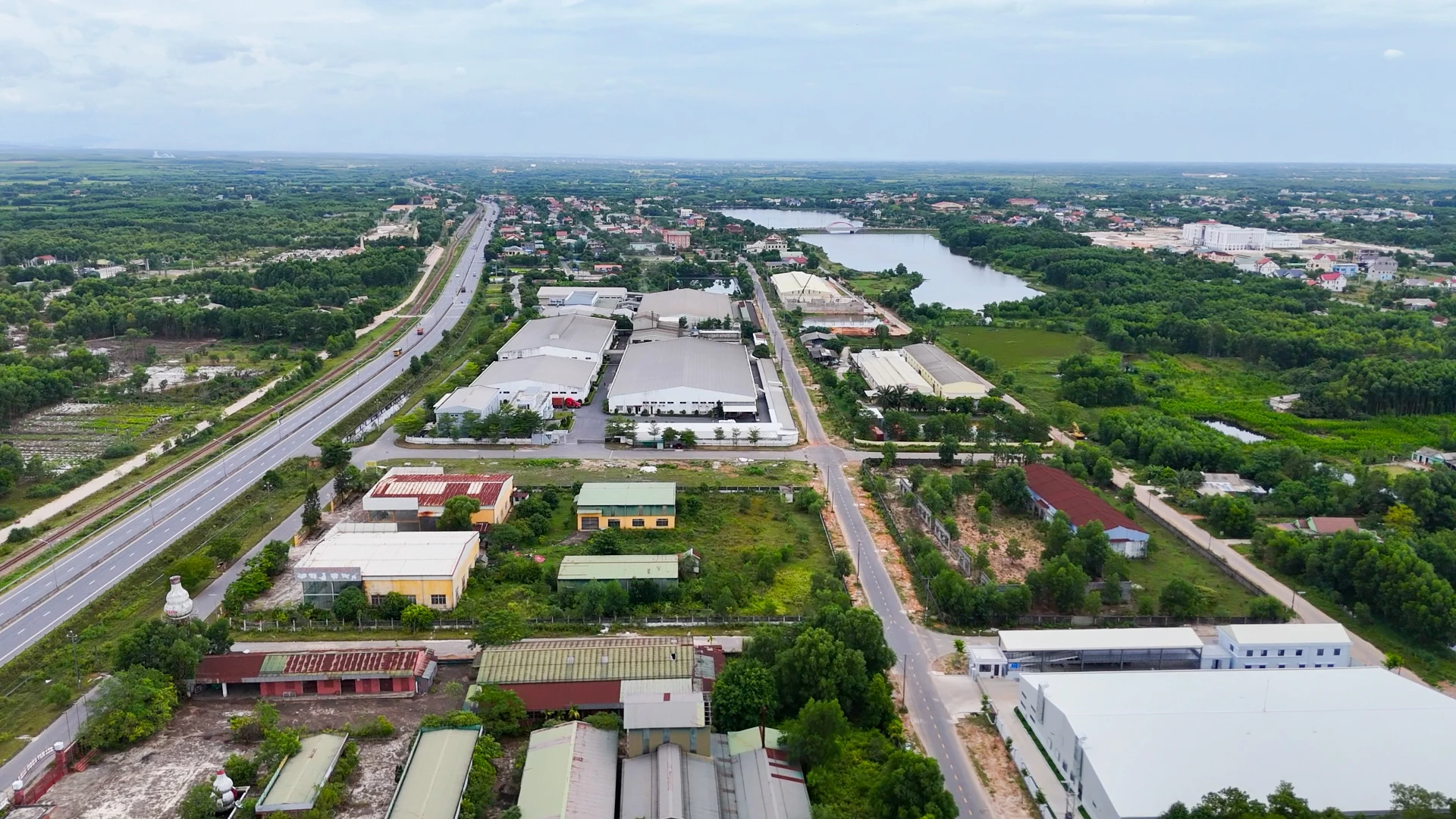
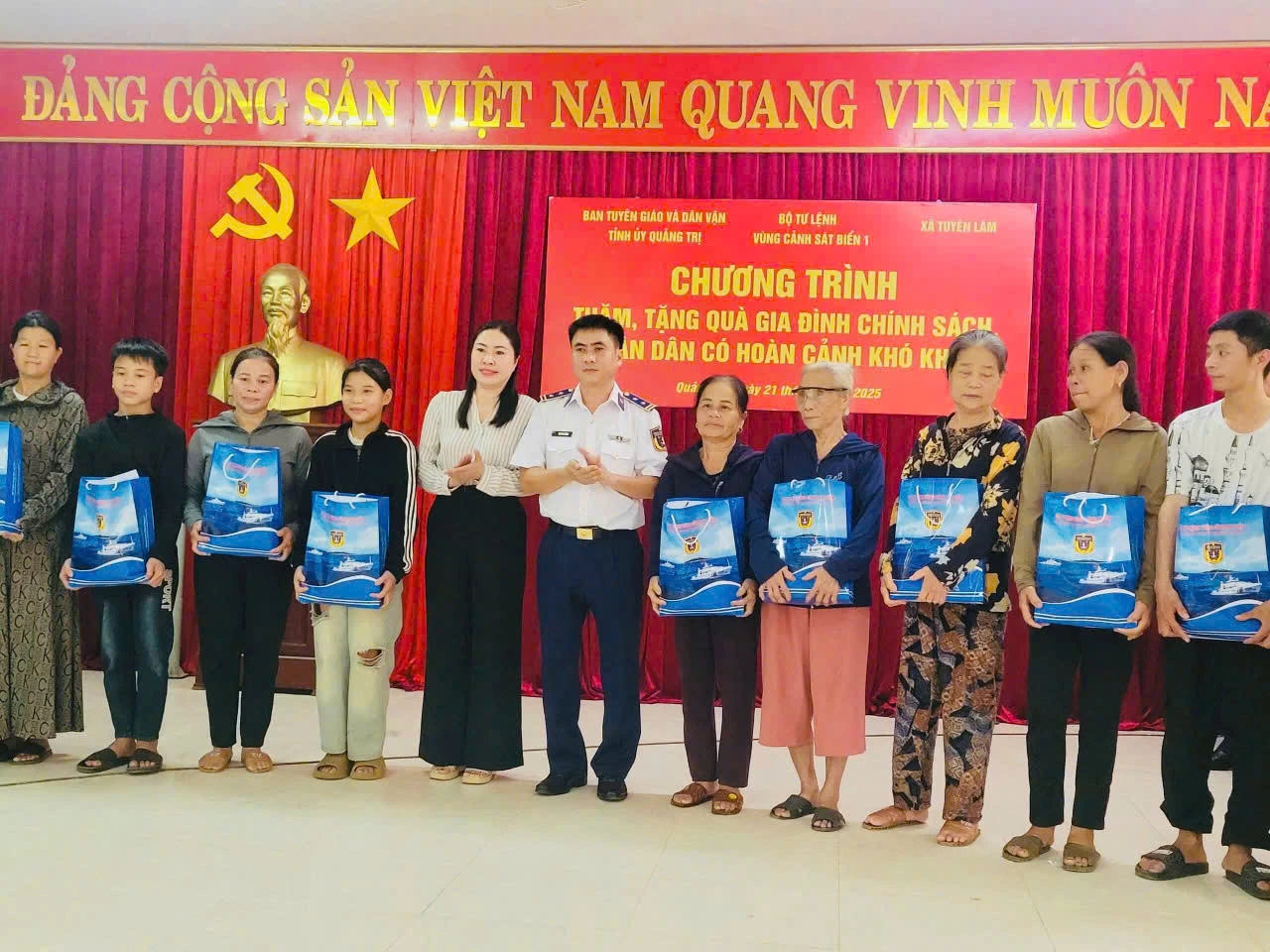
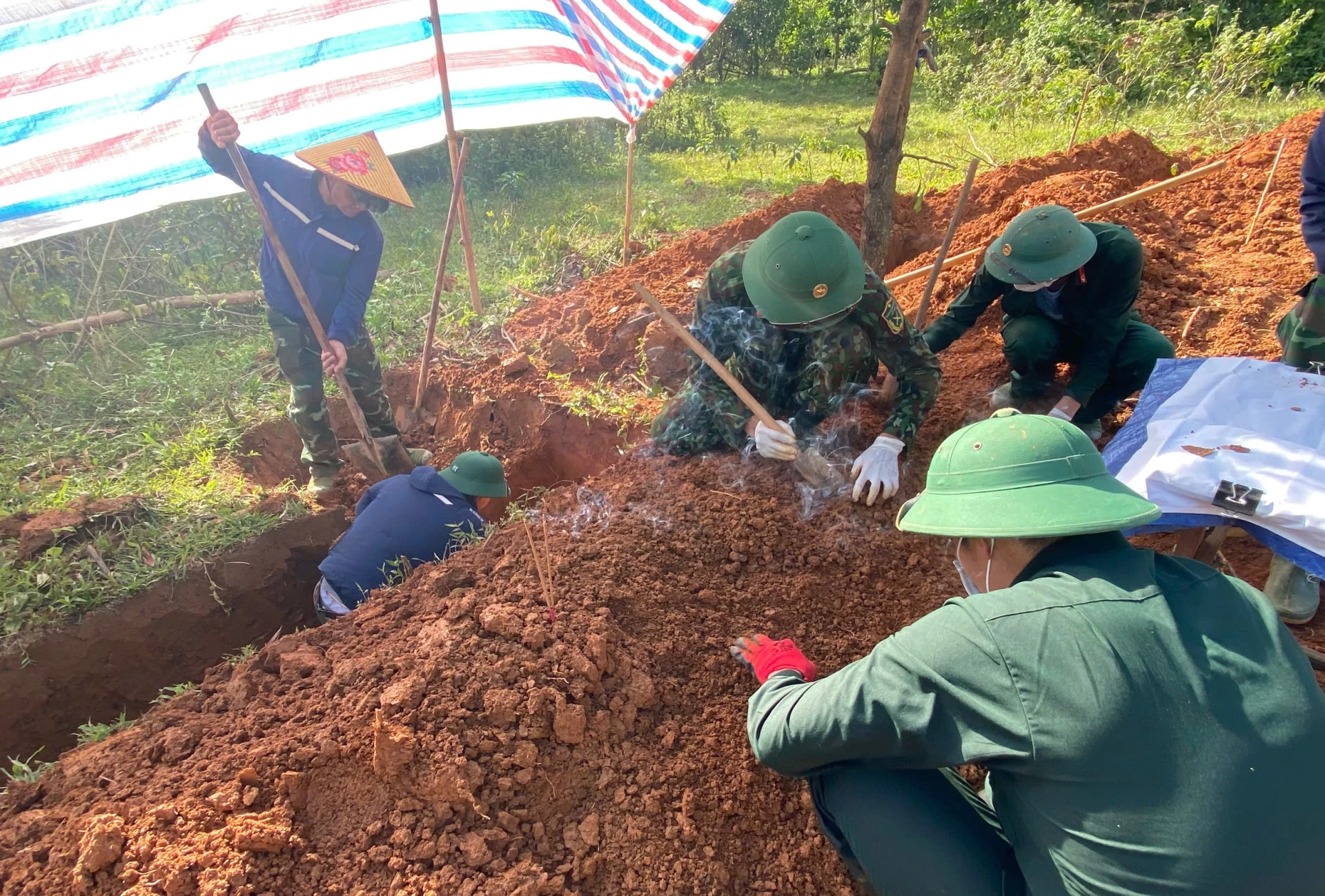
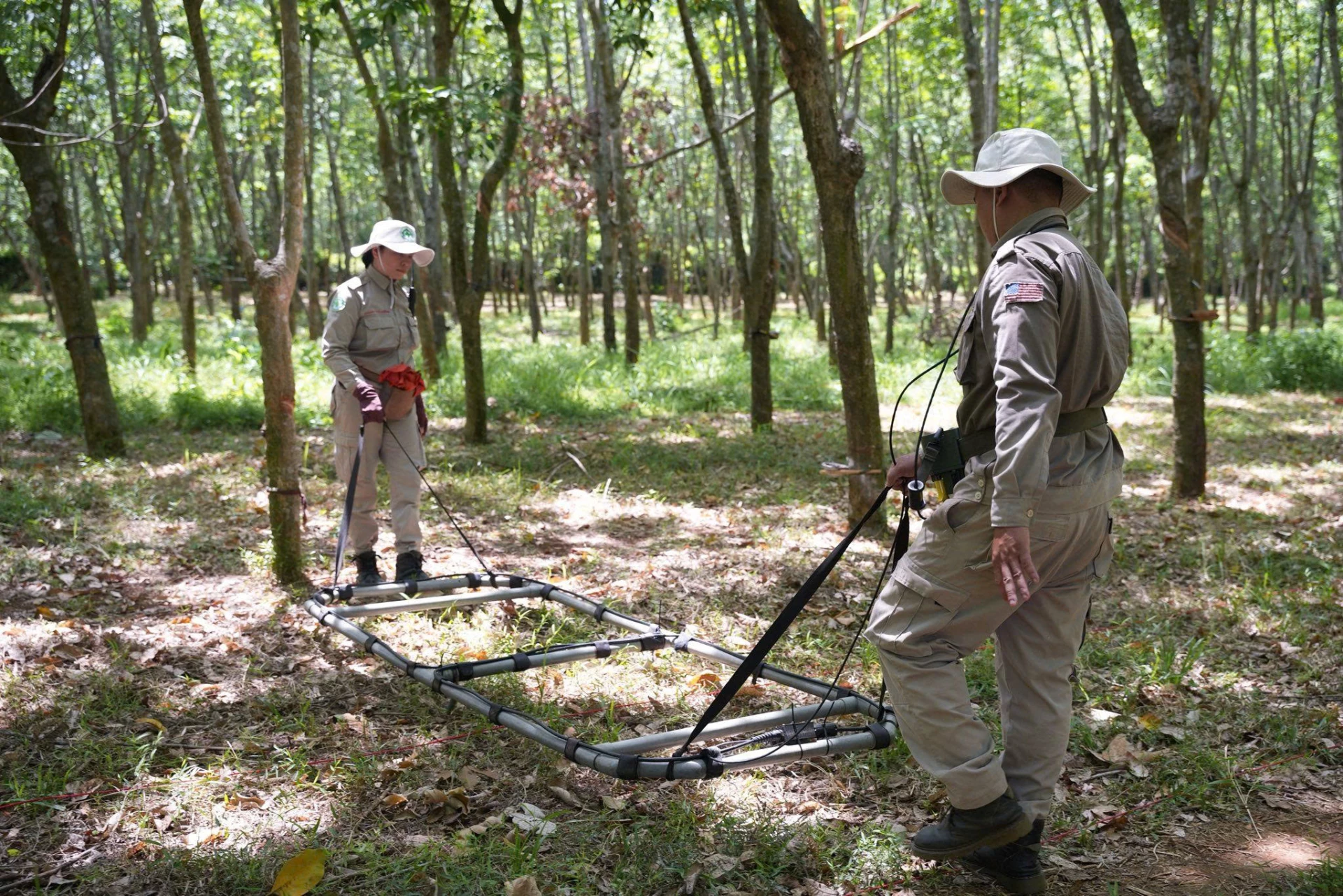


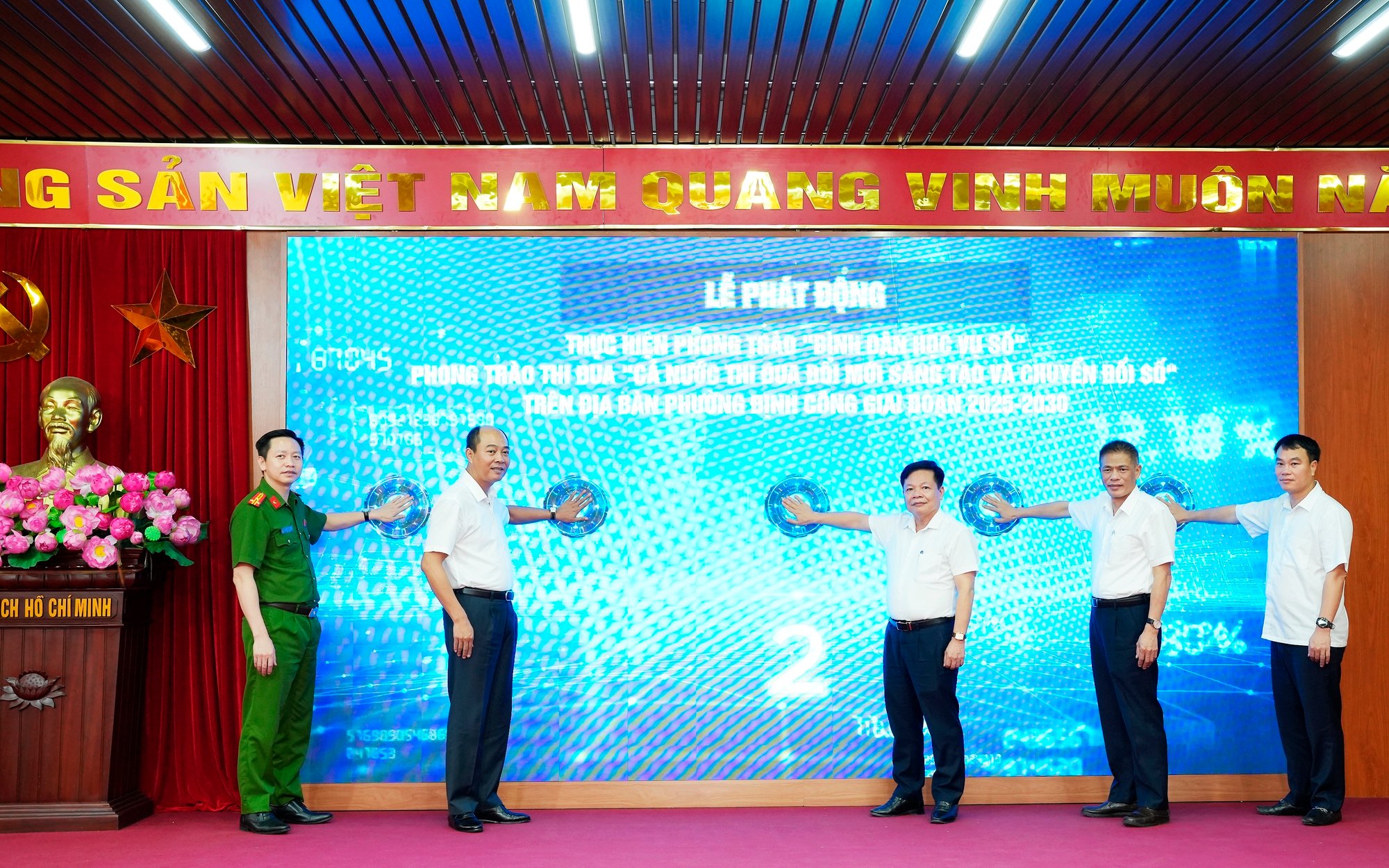
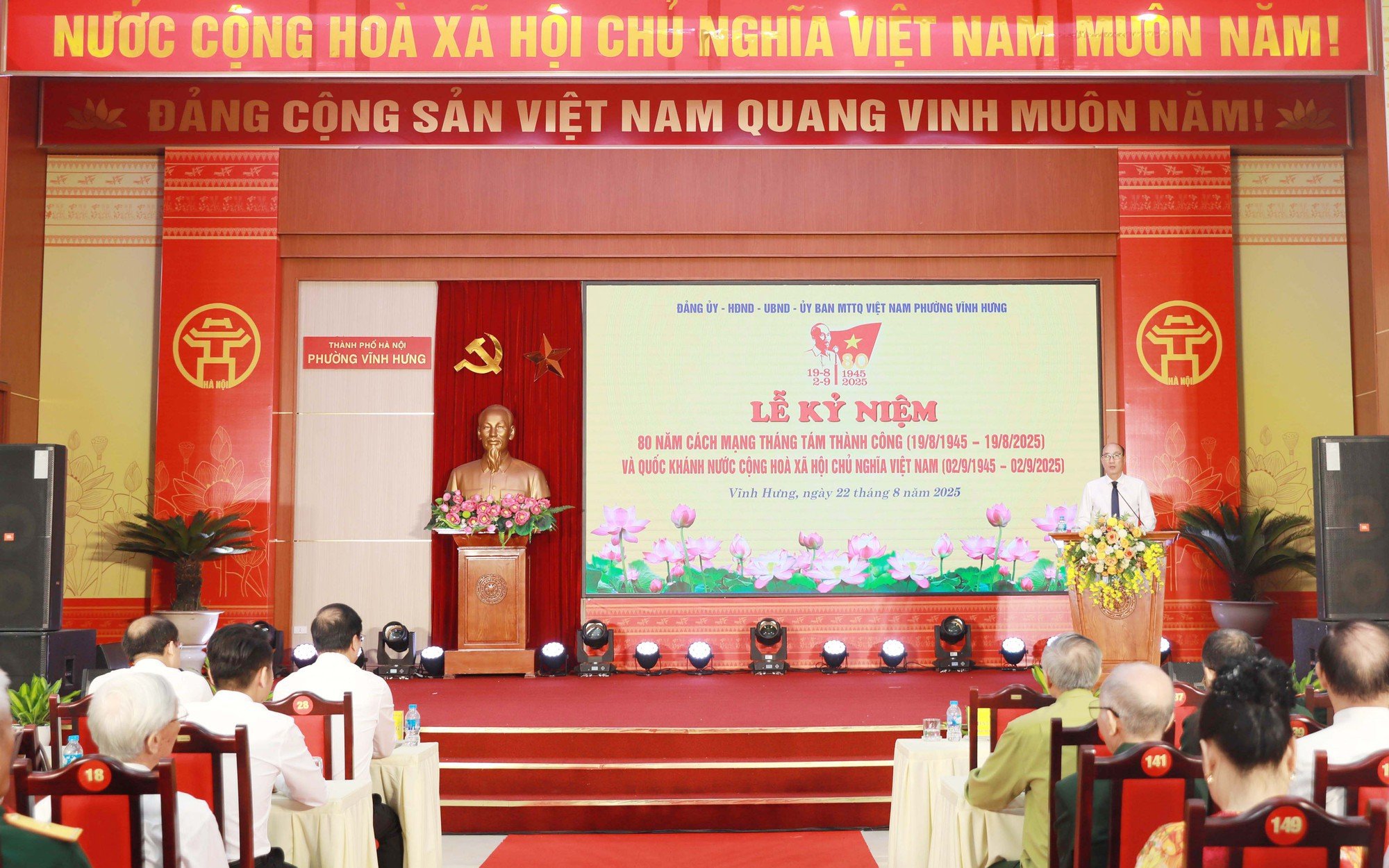
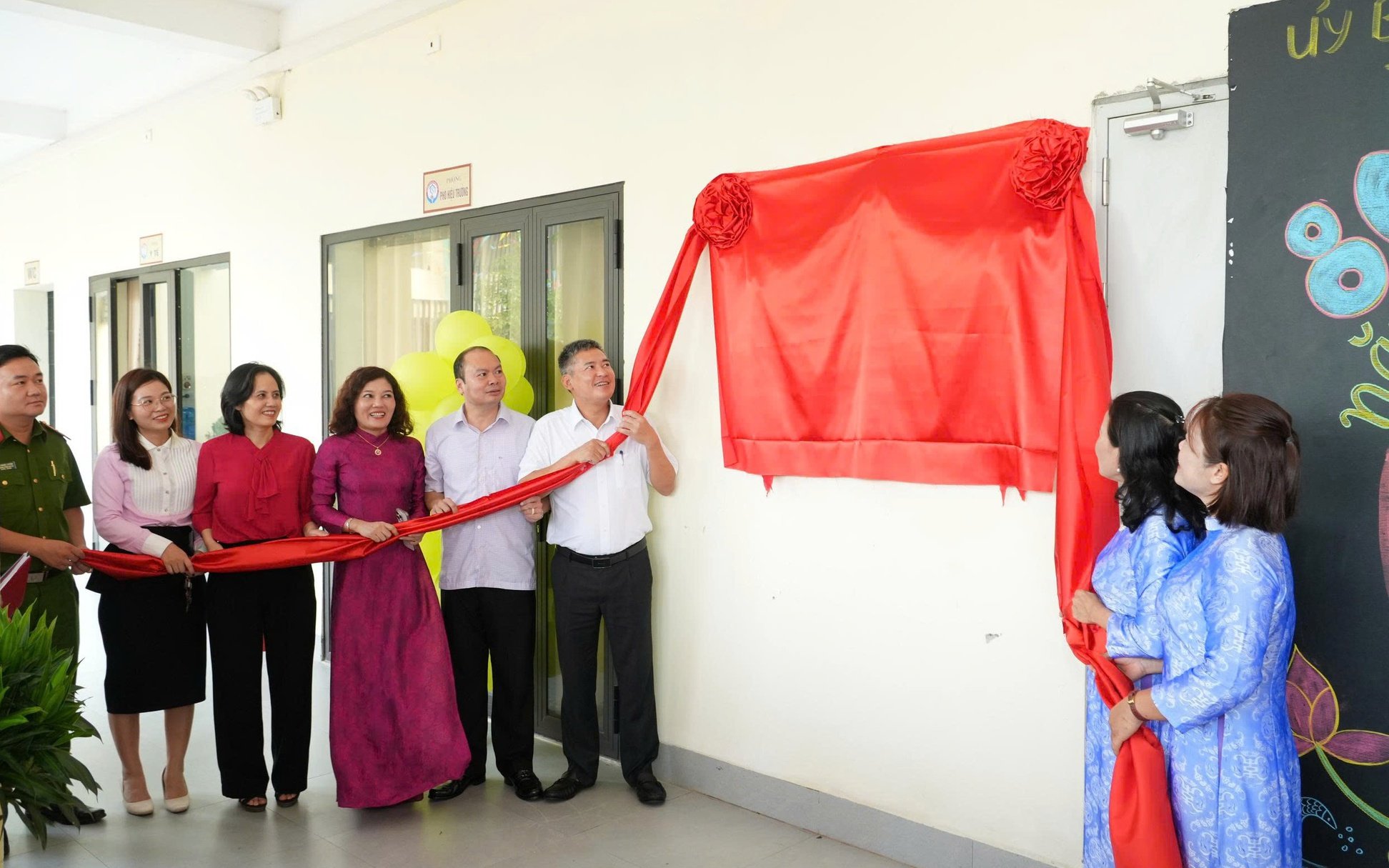

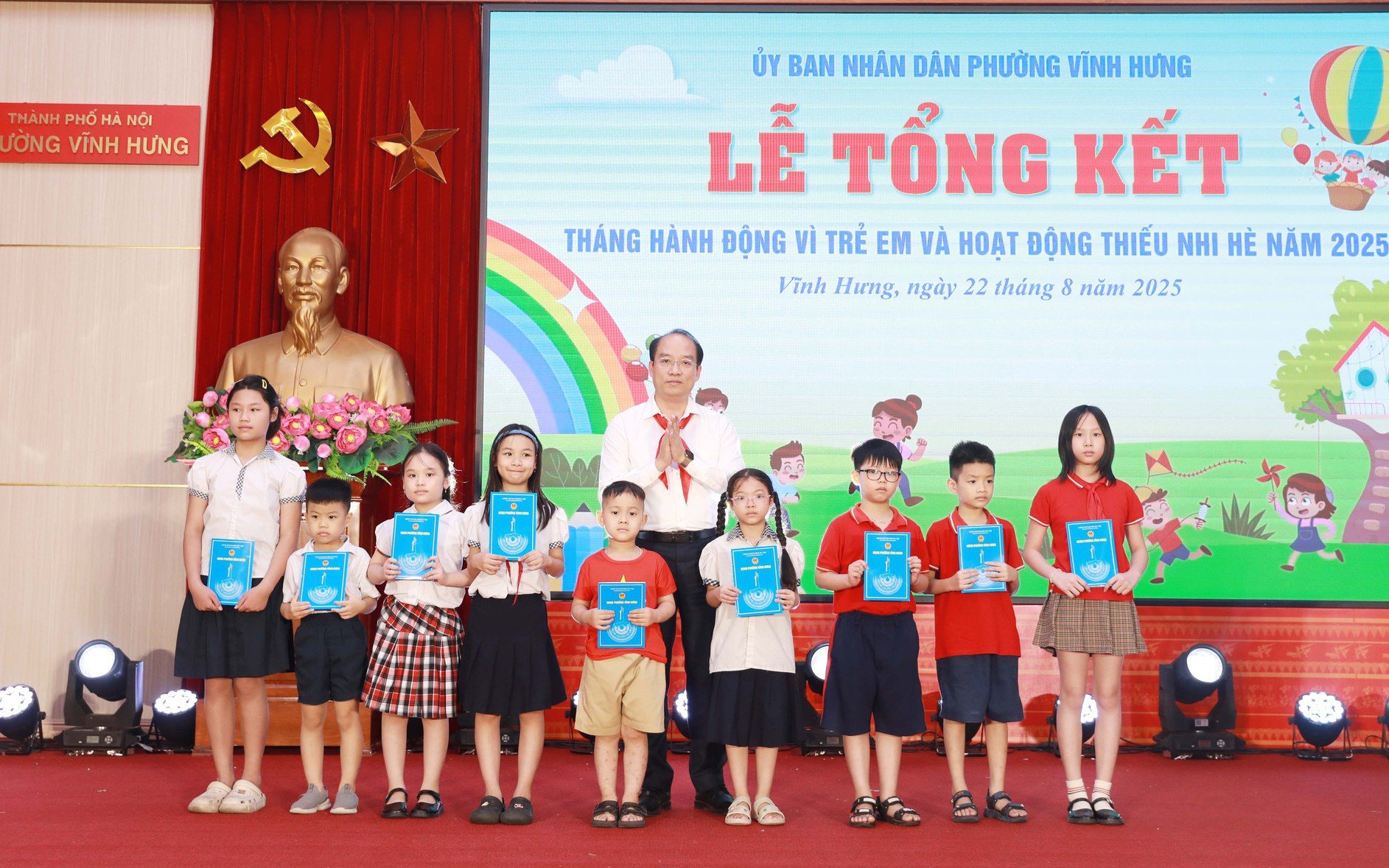
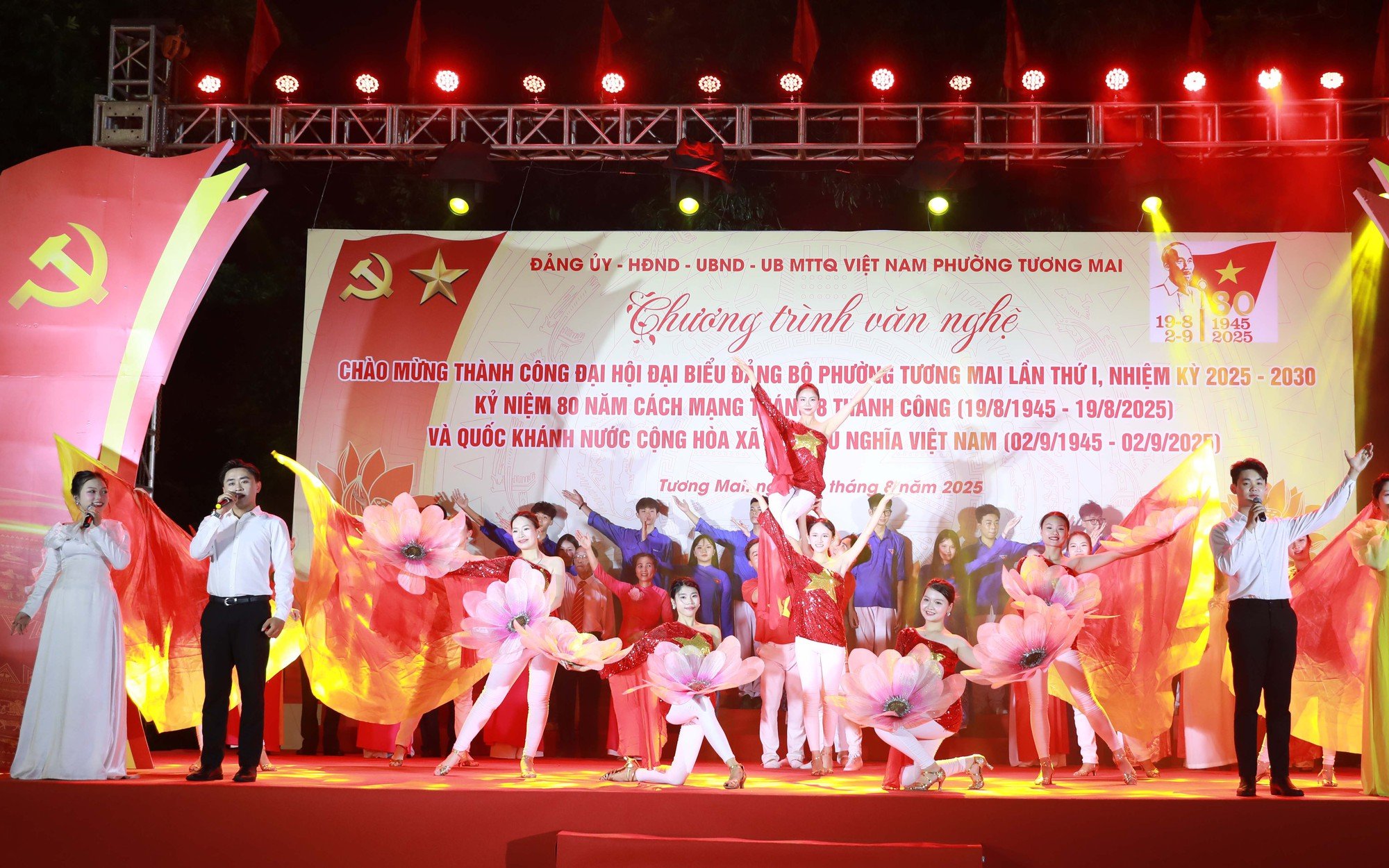

![[Photo] President Luong Cuong attends special political-artistic television show "Golden Opportunity"](https://vstatic.vietnam.vn/vietnam/resource/IMAGE/2025/8/22/44ca13c28fa7476796f9aa3618ff74c4)
































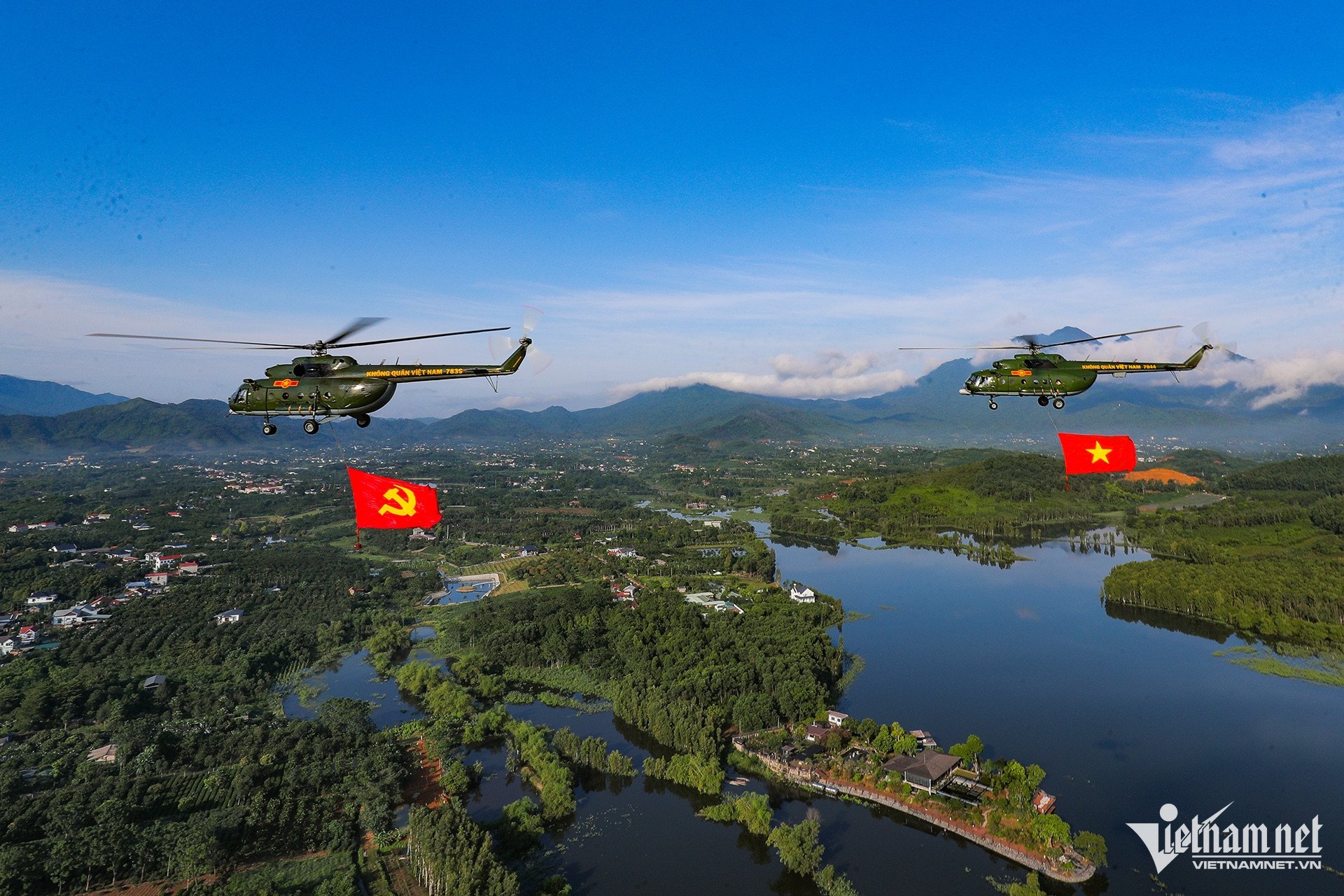

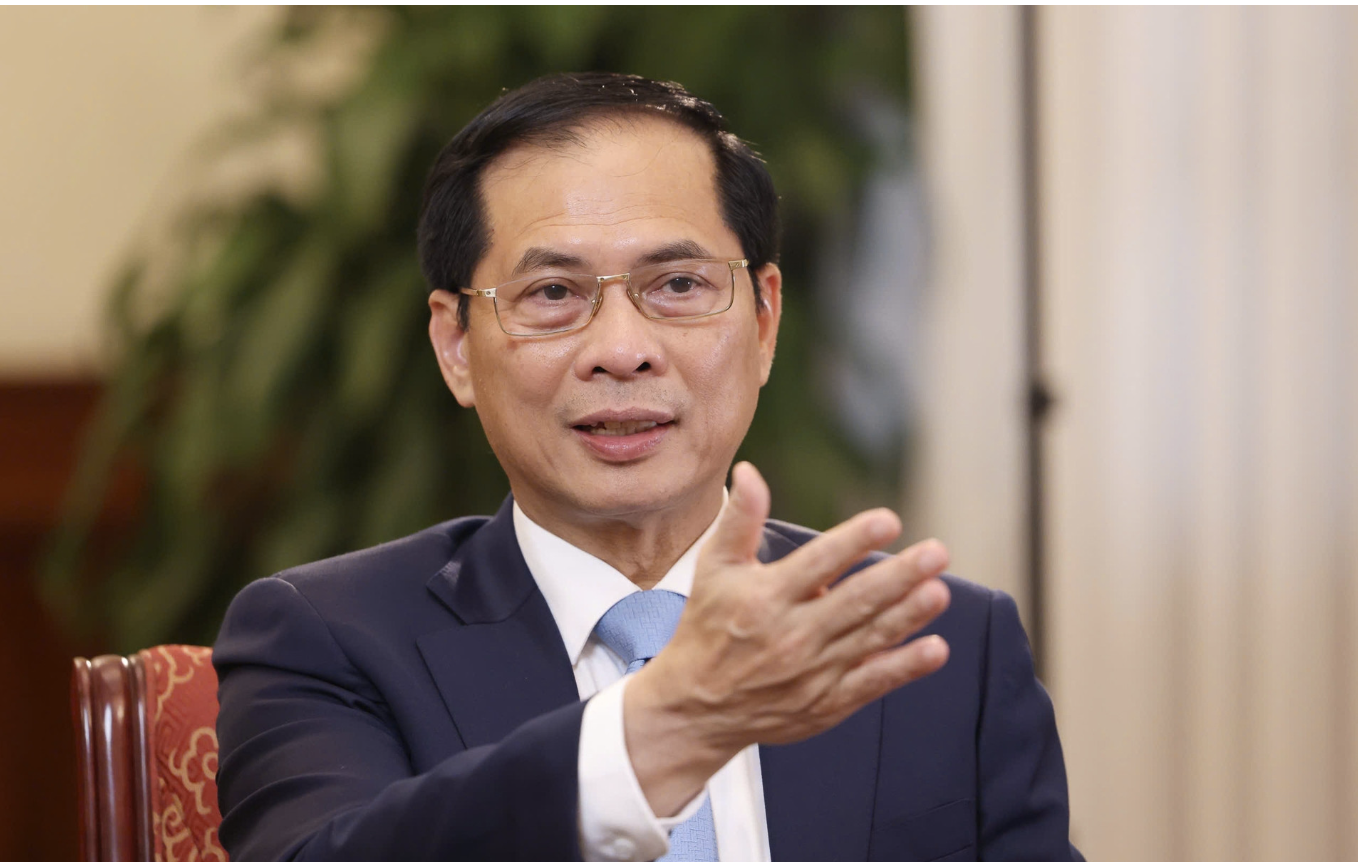

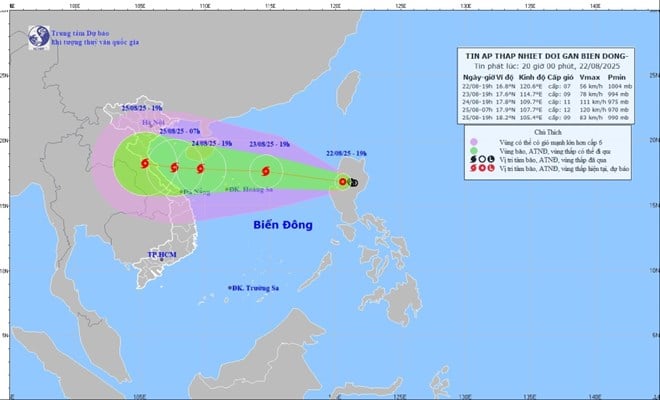

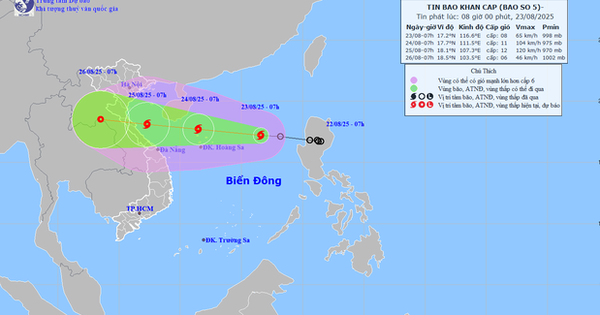

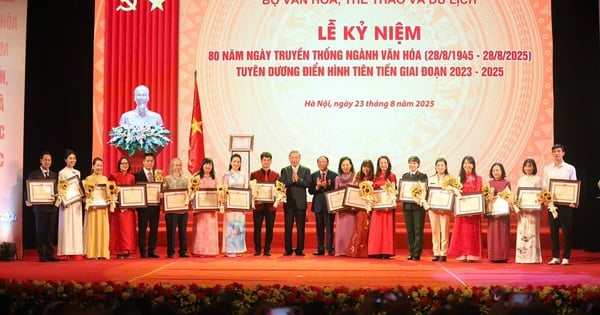


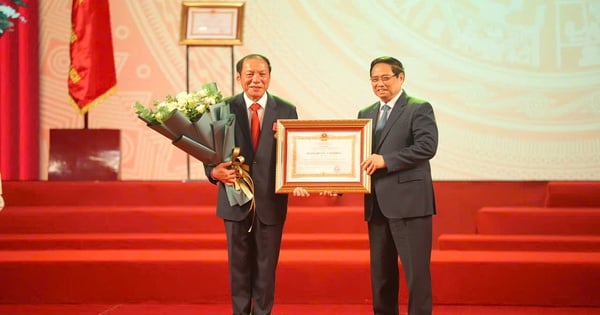
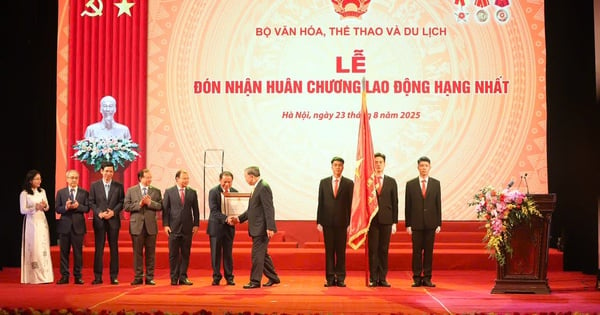
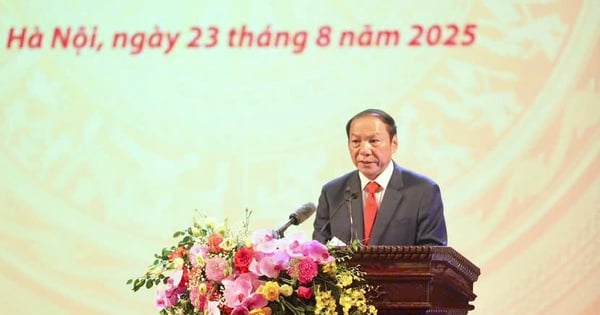
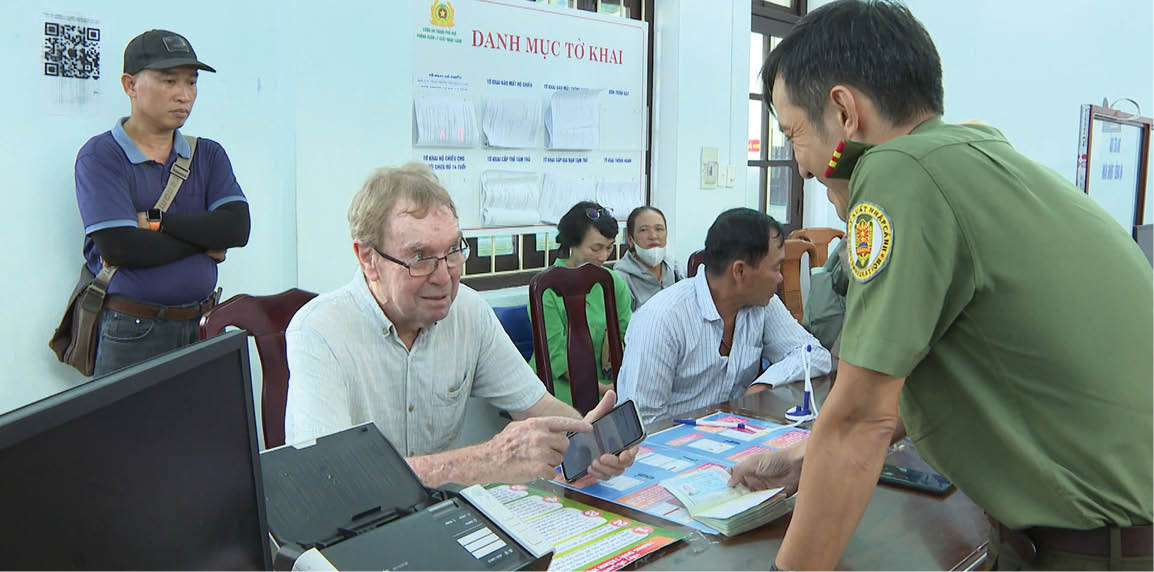

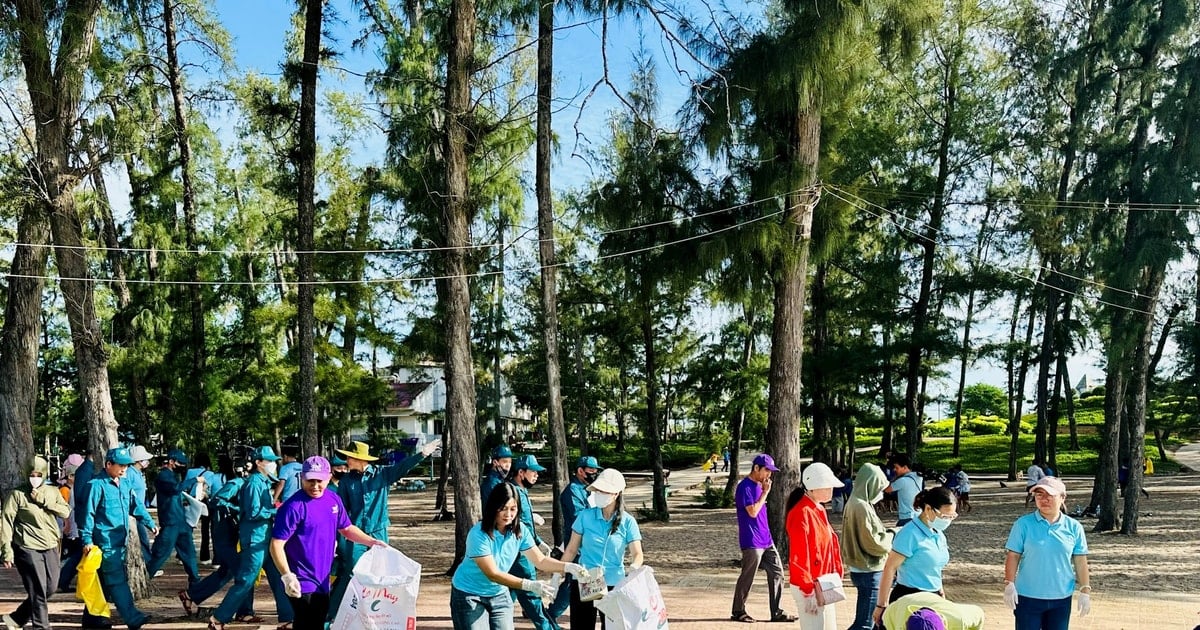

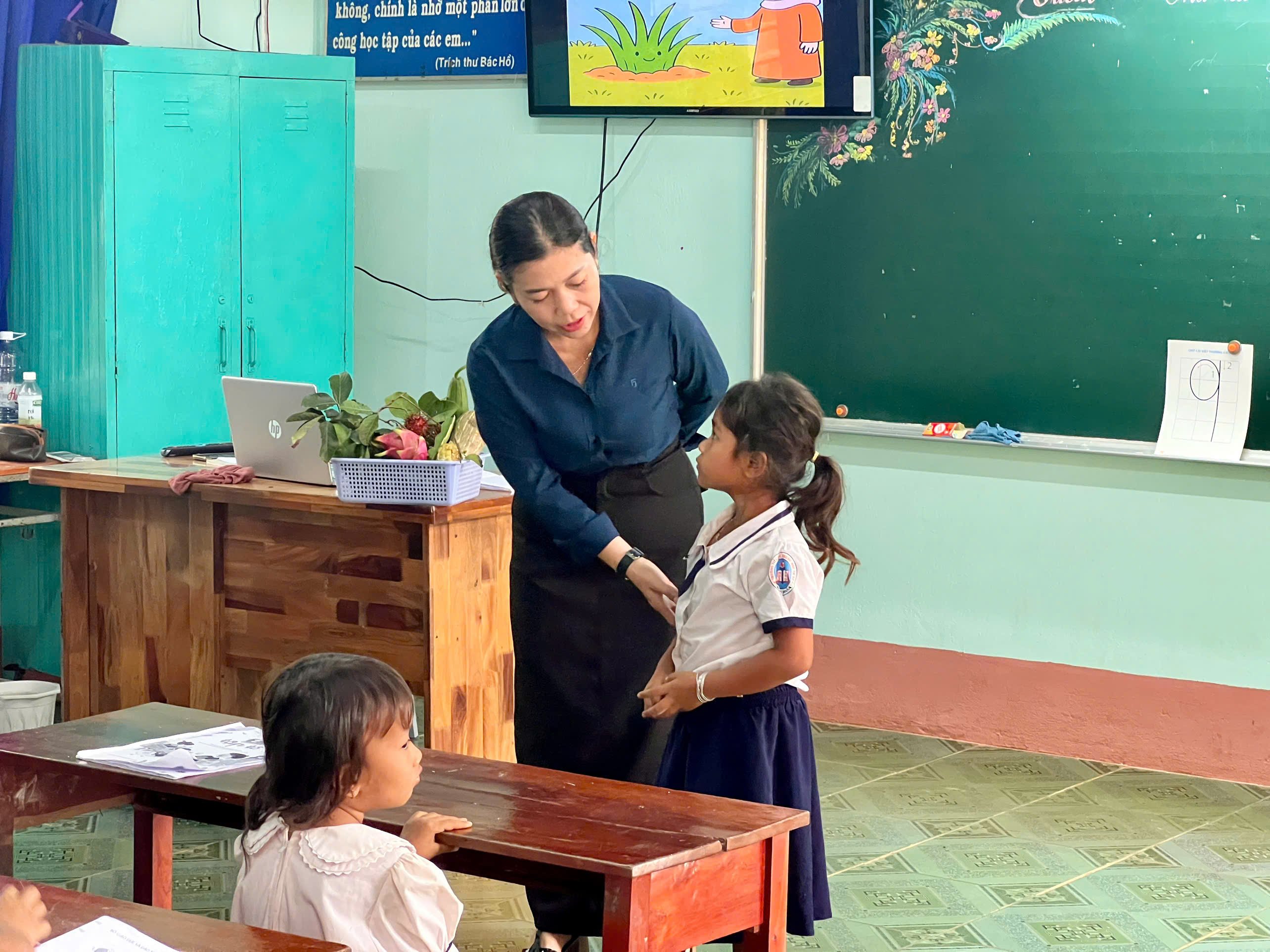

![[Photo series] Close-up of a series of 'huge' aircraft fuel tanks at Long Thanh Airport](https://vstatic.vietnam.vn/vietnam/resource/IMAGE/2025/8/23/36dd3d00663540209336017dafb42441)
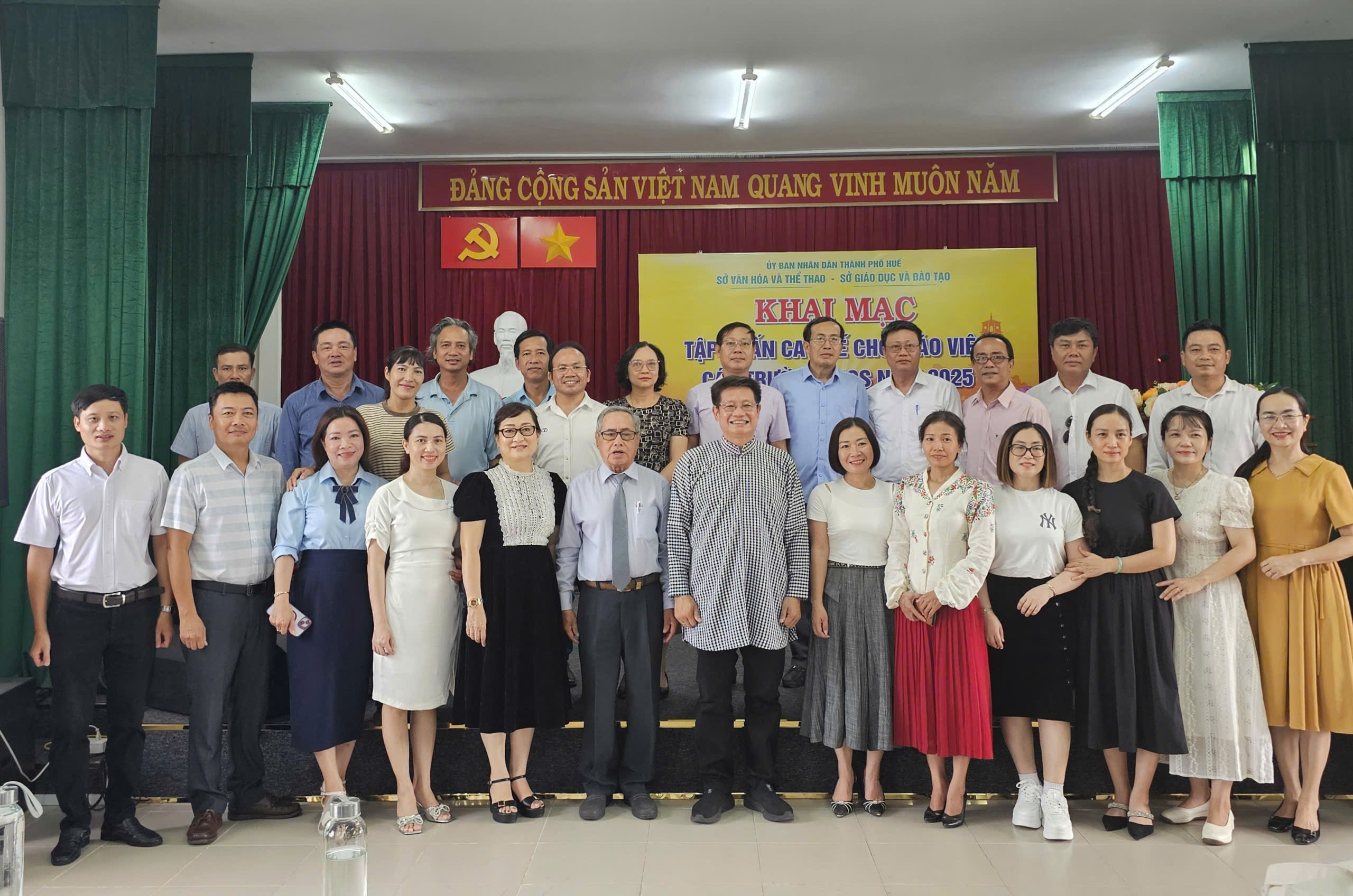







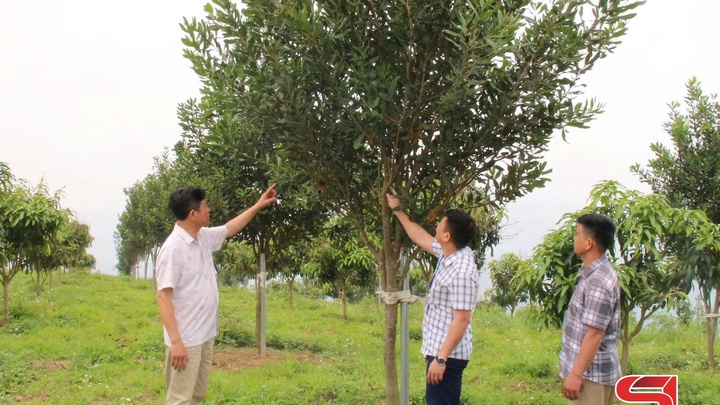







Comment (0)